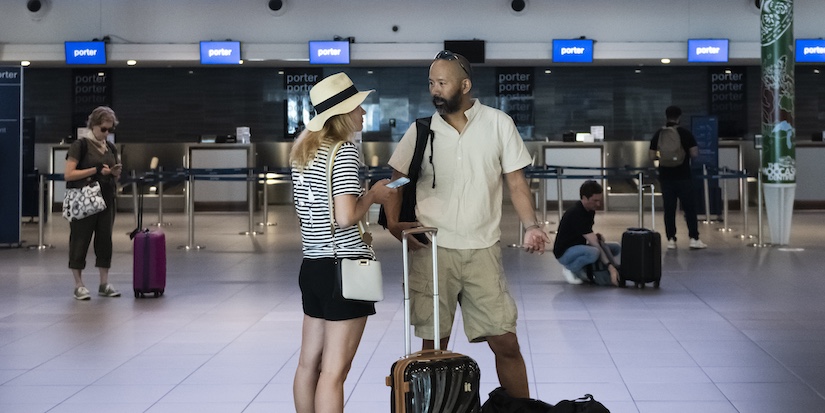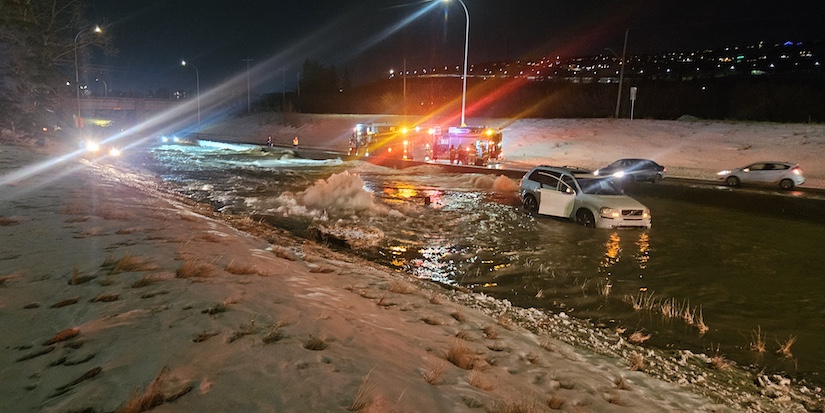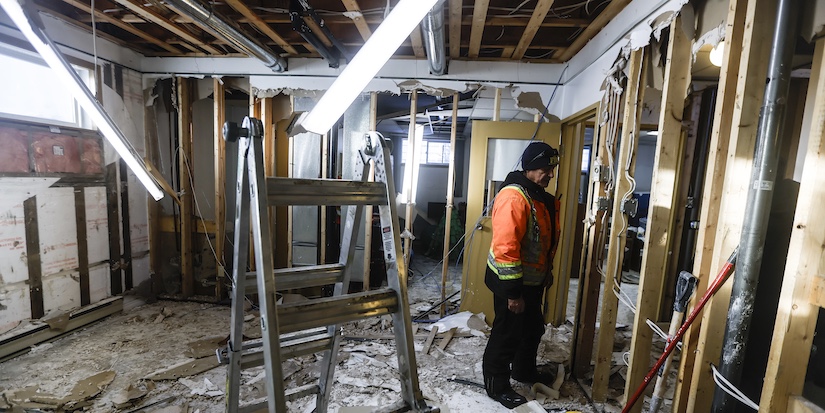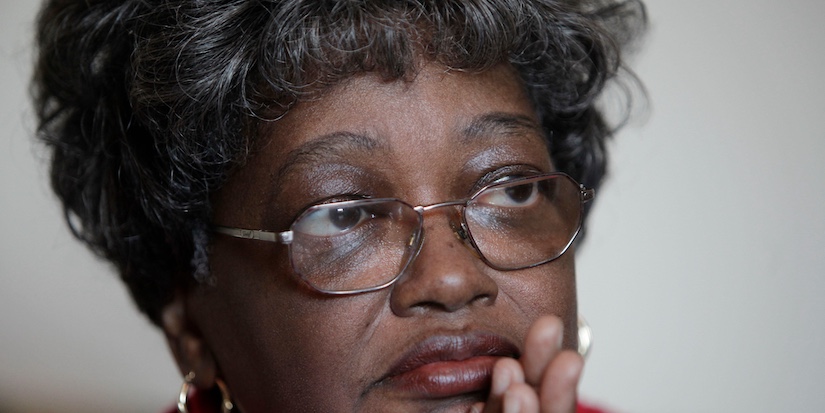Latest News
B.C author’s love story to his childhood home

By Jim Gordon and Leeta Liepins
Published 11:52 PDT, Fri April 11, 2025
—
Our City Tonight sat down with local British Columbian author, Michel Drouin, to talk about his memoir Past the End of the Road: A North Island Boyhood. Michel was raised in Port Hardy, a very small and remote town on Northern Vancouver Island. He shares his stories of growing up in the 1950’s and 60’s as a kid in a place only accessible by sea and air until 1963. Drouin started writing at the age of 15 while in high school, contributing a weekly column on high school life to the local newspaper the North Island Gazette.
OCT: Welcome to Our City Tonight, it is always fun to read a book that really hits close to home and in this case that hometown is Port Hardy.
MD: Thank you and I am happy to be here.
OCT: I hear there is already a sequel in the works, congratulations. You asked how we found out about your book. With my connection to the North Island, I saw several notices on a Facebook page and was excited to see there had been a book written about the North Island and my hometown. Now, having read the book, I do think that the stories will prove to be intriguing even for people who did not grow up on the North Island. The stories are so well told, and it really gives the reader a glimpse into a childhood that I don’t think anybody experiences anymore. In fact, you call it free-range child rearing. Can you share with us a little bit about your beginnings.
MD: My parents were French Canadian, and my dad was an itinerant logger. He had worked on the rivers in Quebec and in Ontario and then came to Vancouver looking for work. He went to the logger’s agency on Cordova Street to be hired in 1947. He spent the next six years travelling up and down the coast working everywhere from Vancouver to Haida Gwaii. In 1952, he went back to Quebec and talked his childhood sweetheart into marrying him. That was my mother, and he also talked her into coming back to British Columbia with him.
OCT: And little did she know that she would be moving to a very small town which is Port Hardy. And unbeknownst to most everyone, there was about to be a huge growth explosion in the 70s when the town began operation of the BHP Utah Copper Mine. I am familiar with that part of the history because my family also moved to Port Hardy when I was very young from Vancouver. Please share a bit more about your experiences as a child growing up as you said, “free range”.
MD: As soon as I could walk, I was outside and as long as the tide was out at the beach, my mom let me go play out on the beach. And then my sister came along two years later and the nearest thing for us was the beach so we would go out there and turn over rocks looking for crabs and bullheads.
However, as we got older, we would follow the tide line out to the very end. I remember in particular finding these strange looking star-like creatures in the tide pools. I know now that they are Sea Anemones, but the older kids would try and scare us by saying that they were blood suckers and if we stepped on them, they would suck our blood right through our gum boots. We had many interesting seaside experiences growing up. Of course, we played in the forest too.
OCT: One of the things you mention growing up with “free range” child rearing was you had the freedom to experience all kinds of activities that city dwelling children did not have access to. In fact, you even learned to shoot a gun very early on in life. Not that we’re promoting that, but in those days hunting was more acceptable, and it explains why you were an adventurous kid. Of course, not all the experiences are positive, but you do learn from them.
MD: I think growing up with that kind of freedom made me more confident in the world. I’ve never been comfortable in the city, but I was never afraid of the wilderness. Maybe being on the water at such a young age should have made me fearful, but it didn’t. From about the age of eight, I was rowing around in the bay with a pair of oars in my hand and a fishing rod with a fishing line, dragging in the water. And even though our parents didn’t know about it, we would venture farther and farther out from the dock in Port Hardy. Sometimes I’d look across the Queen Charlotte Strait at the mountains and often wondered if we could row all the way over there, but we never went that far.
OCT: The stories in the book are really quite incredible and if you are not familiar with what it was like growing up on the North Island you might think some of these stories are fiction.
There are so many amazing experiences that you share in your memoir regarding the wildlife you grew up around like the black bears, deer hunting with your father, adventures hiking in the wilderness, as well as walking on and working on the log booms plus all the fishing experiences. You really do help the reader capture and experience the wild North Island. I absolutely love this book and want to encourage everyone to read it. It’s such a fun glimpse into what it was like all those years ago although today you can travel from Vancouver to Port Hardy by ferry, by air to an airport and by roads.
MD: Speaking of fishing, my father had a small rowboat that he purchased as soon as he settled in Port Hardy in 1953 and that’s when he started fishing. He fished recreationally and he told me that as soon as I could walk, he would take me out on the boat. He kept his boat down by the log booms where he worked. On the weekends, he would take me out and put me on a log, and I would walk on the log to the boat with my Dad behind me. I grew up walking on logs, thinking that was natural. It never occurred to me that people didn’t really do that.
OCT: You became a writer early in life, and your book describes that journey a little bit. You’ve also travelled the world and the next book talks about you coming back to the North Island and settling on Malcolm Island with your wife.
MD: Yes, that will be the next book and Malcolm Island is a very beautiful place to live.
OCT: We look forward to having you back when that book is published. Past the End of the Road is available at most Canadian bookstores, Amazon, and through Harbour Publishing.




























